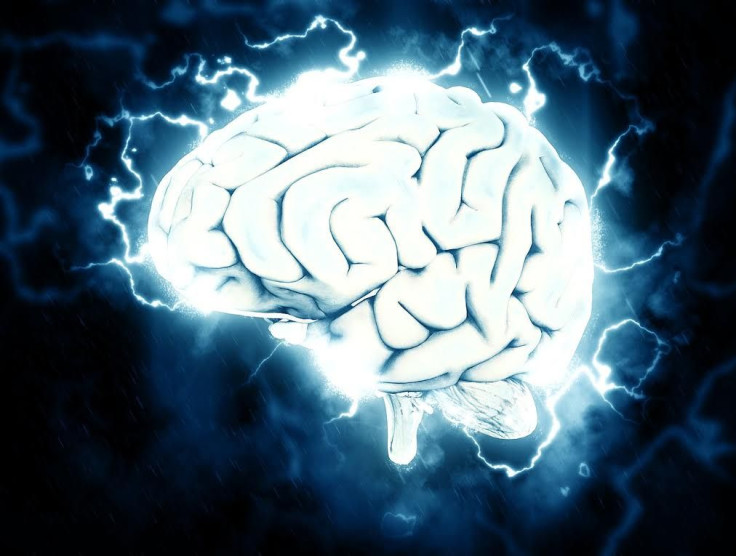Early Warning Signs Of Huntington's Disease: Metabolic Changes Ahead Of Symptoms May Lead Scientists To Treatment

There may be newfound hope for those battling Huntington’s disease (HD), according to recent research published in Scientific Reports.
The study was done on sheep carrying the same human mutation as people who are battling HD. The disease is an inherited, incurable brain disorder.
Read: Huntington’s Disease Symptoms Update: New Study Reveals HD Is Disease of Muscle Tissue, Not Just Neurons
The 5-year-old sheep displayed early warning signs of the disease. The researchers discovered the disease may affect important bodily processes that give you energy, known as ‘metabolism,’ before physical symptoms like impaired coordination are present.
Other symptoms of the disease include uncontrolled movements, unusual body postures, and changes in behavior, emotion, judgment, and cognition, according to the National Institute of Neurological Disorders and Stroke.
During the study, researchers took blood samples from both normal sheep and animals with the mutation every two hours, and they also assessed their metabolism. Unlike prior research, their study was well-controlled, the authors claimed.
The blood samples revealed startling differences in the internal, bodily processes between the healthy and mutated sheep. These changes lead the study authors to believe the illness affects the body prior to tell-tale physical symptoms.
“The more we learn about this devastating illness the better chance we have of finding a cure,” Professor Jenny Morton from the University of Cambridge, said in a press release.
These findings may help scientists to identify the disease earlier in humans. HD affects more than 30,000 Americans, according to the National Institute of Neurological Disorders and Stroke.
See also: Alzheimer's Brain: Why Many Neurodegenerative Disease Patients Wander Around Lost
Huntington's Disease Breakthrough: Scientists Convert Skin Cells To Brain Cells



























